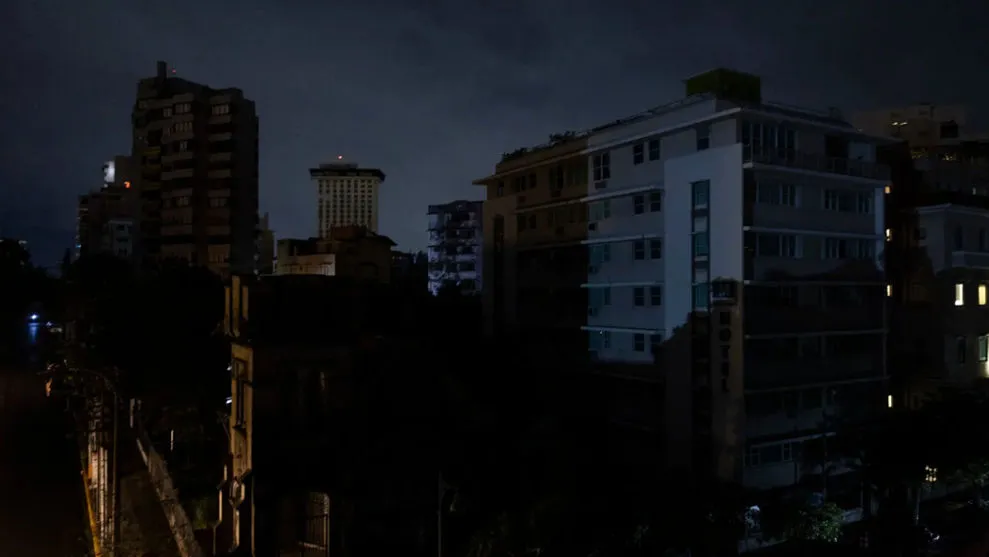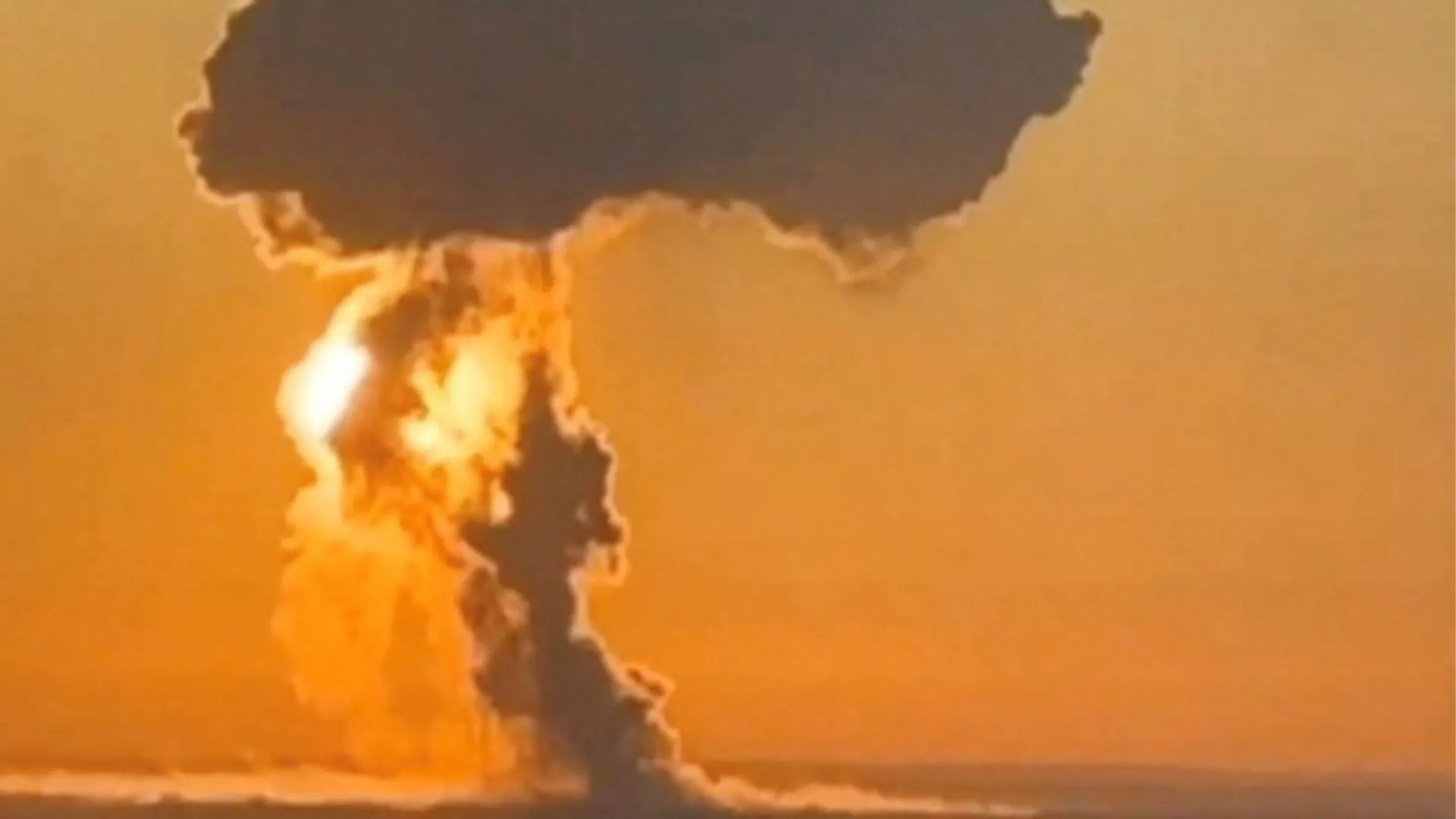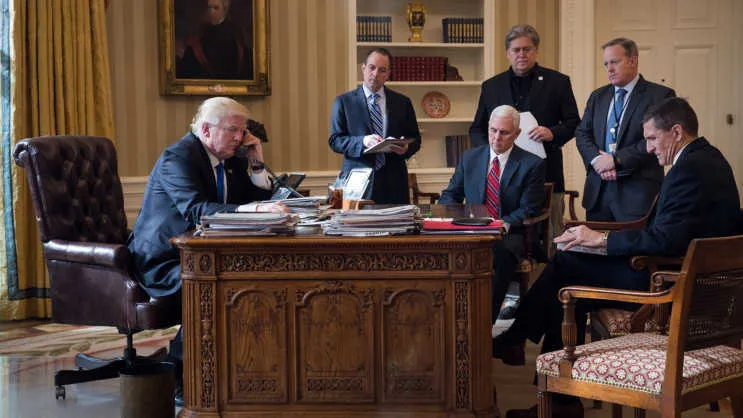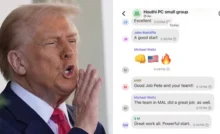Puerto Rico experienced a major blackout, leaving nearly the entire island without power on New Year’s Eve. Luma Energy, the island’s main power provider, reported that 1.2 million out of 1.5 million customers were affected.
Efforts to Restore Power
Luma Energy stated that full restoration could take 24 to 48 hours. However, by Tuesday afternoon, power had returned to some areas, including San Juan’s municipal hospital. By late afternoon, nearly 200,000 customers regained electricity, according to Luma spokesman Hugo Sorrentini.
The blackout began when an electric line failed at the Costa Sur power plant. As a result, this failure triggered widespread issues across the island, said Sorrentini.
Political Leaders Demand Action
The blackout has sparked renewed calls for action to address Puerto Rico’s ongoing power problems, which have worsened since Hurricane Maria in 2017. President Joe Biden has been briefed on the situation, and Energy Secretary Jennifer Granholm has spoken with Puerto Rico’s governor to offer support.
In addition, Jenniffer González-Colon, Puerto Rico’s current U.S. congresswoman and incoming governor, stated on X, “We can’t keep relying on an energy system that fails our people.” She continued, “Today’s blackout and the uncertainty around restoration continue to impact our economy and quality of life.”
Local Leaders Seek Answers
Governor Pedro Pierluisi has demanded answers from Luma Energy and Genera, the two main power companies. He voiced his concerns on Facebook.
Moreover, Puerto Ricans have faced repeated power outages this year. For instance, a June outage left 350,000 customers without power, and more than 700,000 lost power after Hurricane Ernesto in August.
Slow Recovery of the Power Grid
Many Puerto Ricans woke up without power once again. Enid Núñez, 49, shared her frustration with the reporter, saying, “They’re part of my everyday life,” referring to the frequent outages.
The island’s power grid was already under strain before Hurricane Maria struck. Although U.S. government funds were allocated for recovery, progress has been slow. This delay is due to construction issues and the Federal Emergency Management Agency’s approval process, as noted in a February 2024 report by the U.S. Government Accountability Office.
Finally, Mark Levine, Manhattan borough president, emphasized on X, “Inexcusably the power grid has still not recovered from damage in Hurricane Maria.” New York City has the largest Puerto Rican community on the mainland U.S.










